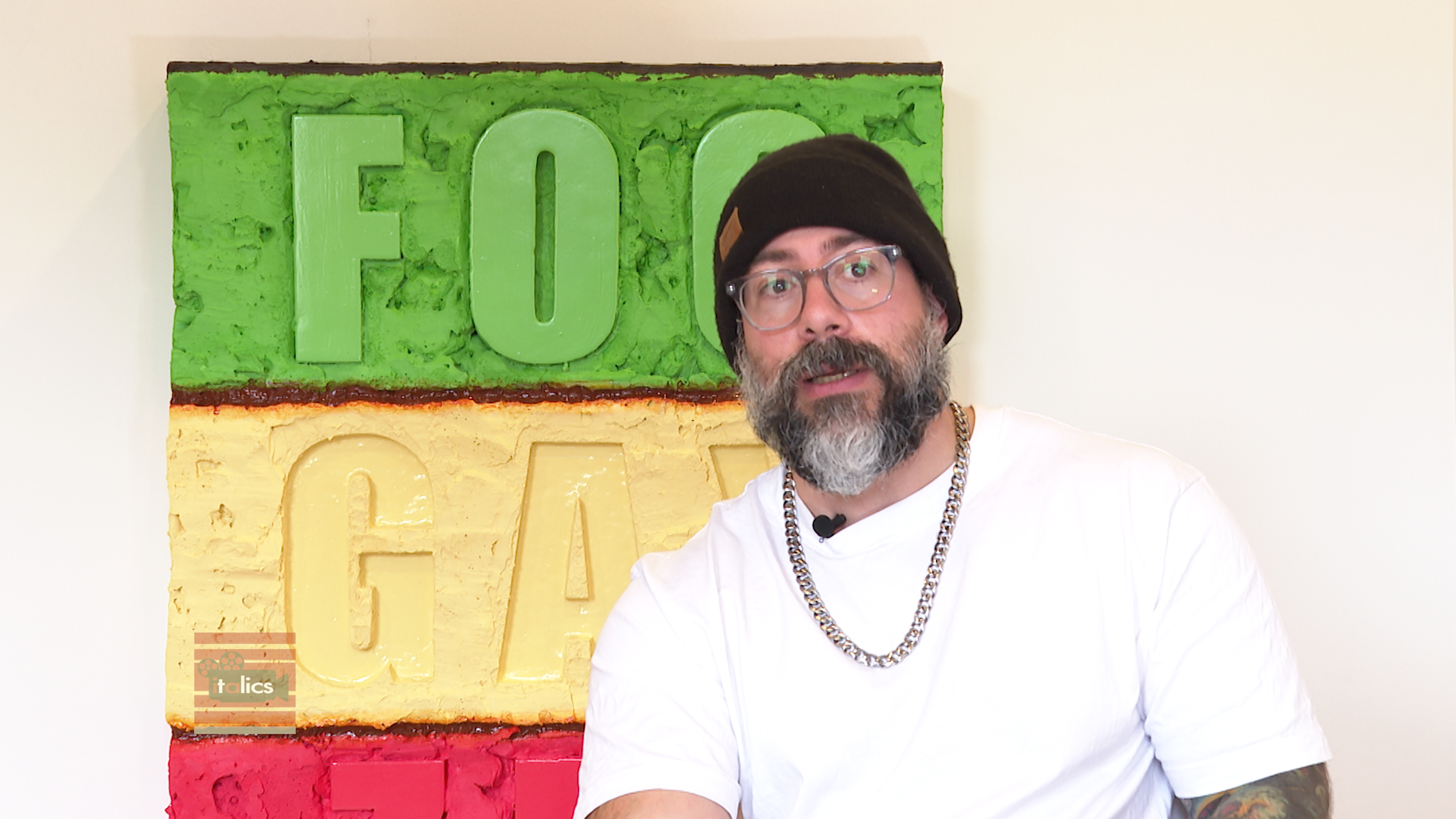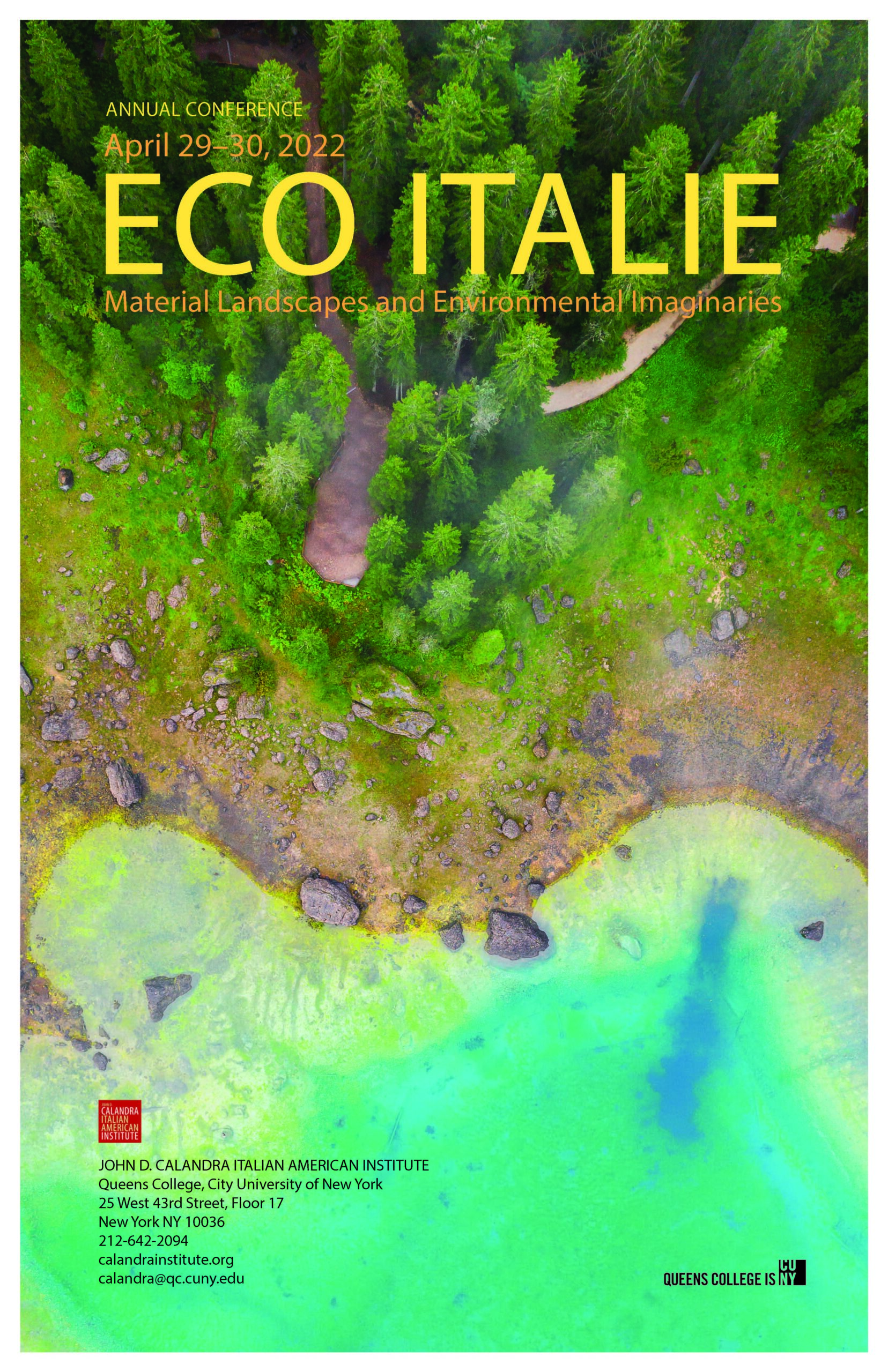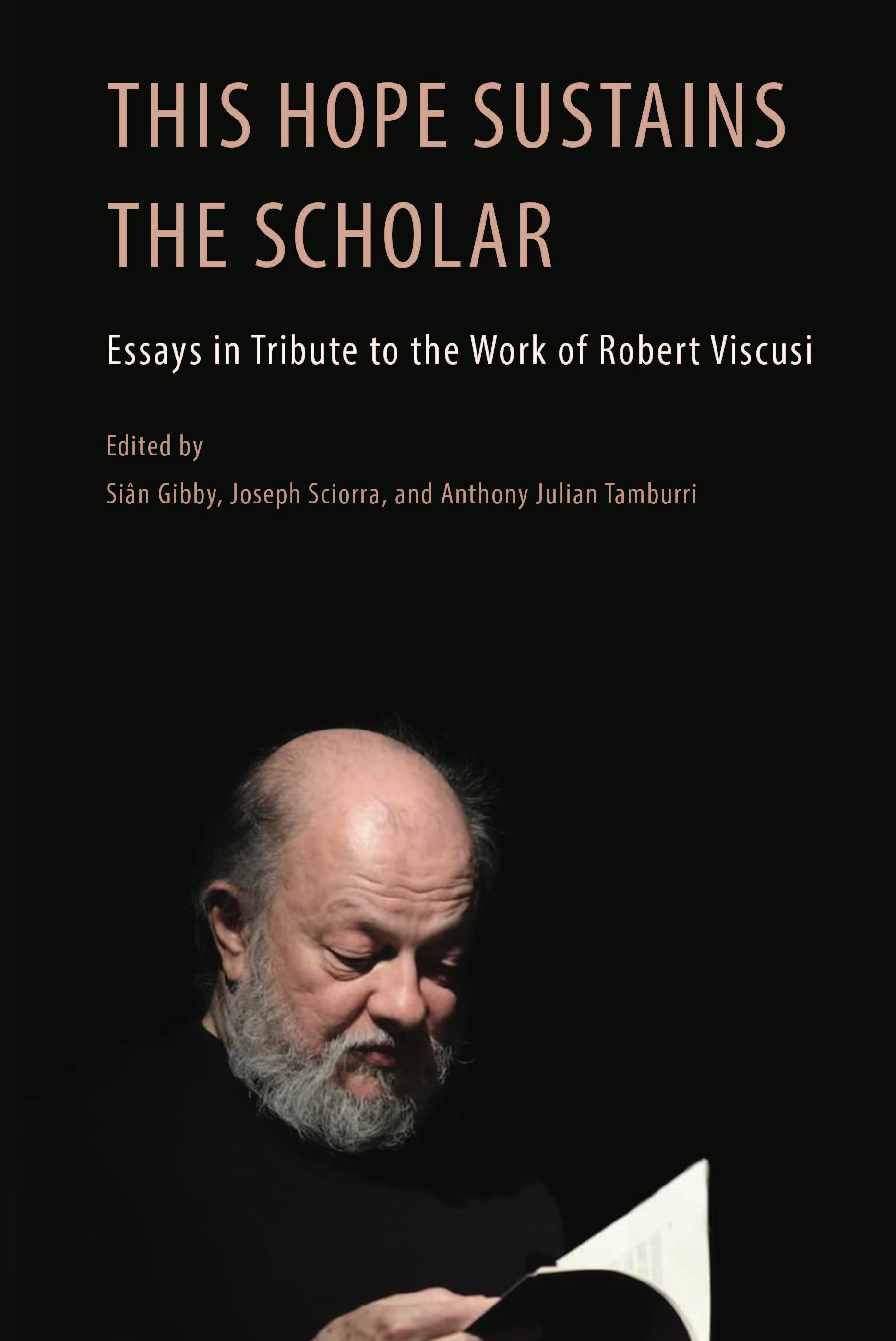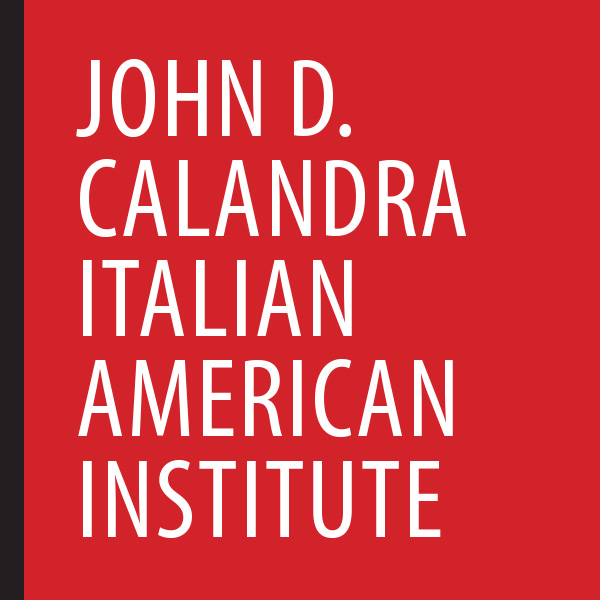
With us this month is Berardo Paradiso, president of IACE, the Italian American Committee on Education. We also visited John Avelluto’s exhibition “Foogayzee” at Stand4 Gallery in Brooklyn.
Regular Air Times
Tuesday 9:30pm
Wednesday 10:30am, 4:30pm
Saturday 7:30am
Sunday 6:30pm
CUNY-TV, Spectrum Ch.75 and RCN, Ch.77 in New York City

Calandra’s annual international conference will take place in person at the Institute on Friday, April 29, 2022 and Saturday, April 30, 2022. More information and schedule of presentations forthcoming. This conference, like all Calandra’s events, will be free and open to the public. REGISTER in advance by calling 212-642-2094. Covid protocols will be strictly enforced. Click here to read the conference program.

On Tuesday, January 18, 2022, at 2:00pm, EST, the Institute will host a virtual and in-person hybrid event to celebrate the recent publication of This Hope Sustains the Scholar: Essays in Tribute to the Work of Robert Viscusi (2021 Bordighera Press). The volume, a collection of writings from colleague-friends of Bob’s, was edited by Siân Gibby, Joseph Sciorra, and Anthony Julian Tamburri. The event will include participation from contributors to the volume. Friends and colleagues of Bob’s are most cordially and warmly invited to attend in person or via Zoom.
Register for the Zoom event here: https://us02web.zoom.us/webinar/register/WN_Q2H-Ws4STs-5-ff_yDDttQ.
More about the book: “Eleven academics pay tribute to the work of Robert Viscusi (1941-2020), a poet and a scholar of Italian American culture, predominantly literature. Some of these essays deal directly with Viscusi’s research and creative work, while others are inspired by him and the topics and ideas he explored in his lifetime. Robert Viscusi’s legacy is a deep and lasting one. His written body of work challenges us to think about the historical and ongoing Italian American creative presence in the United States by engaging with the artists and the myriad characters they have conjured into existence. Viscusi was a timeless scholar, whose insightful evocations and often playful turns of phrase have helped move the field beyond the parochial to the universal.”



